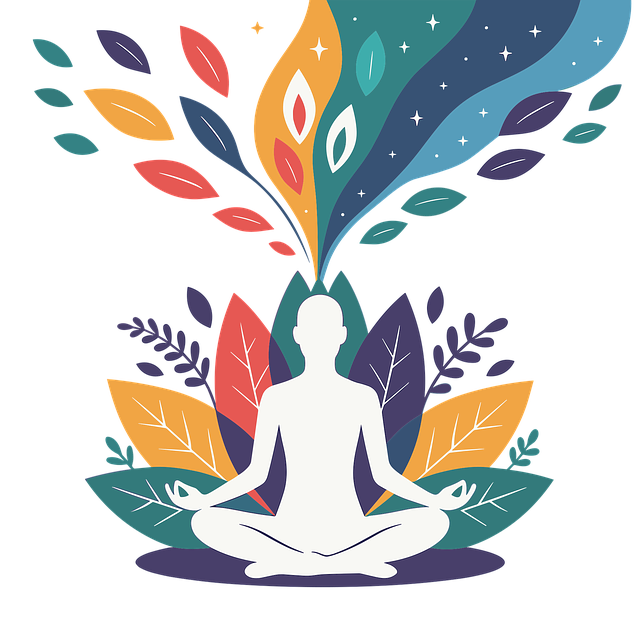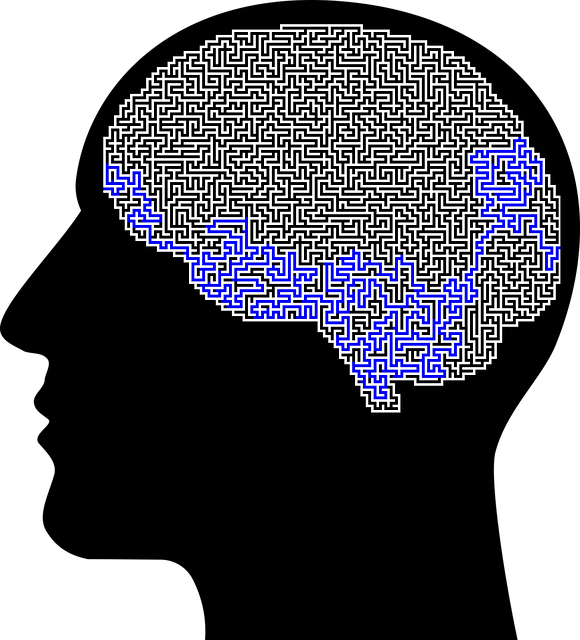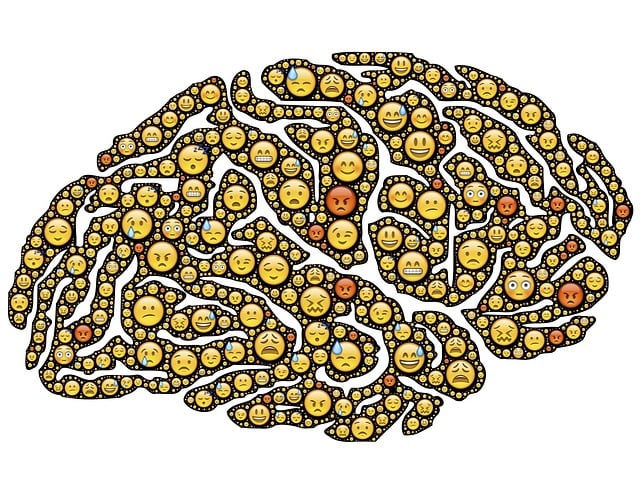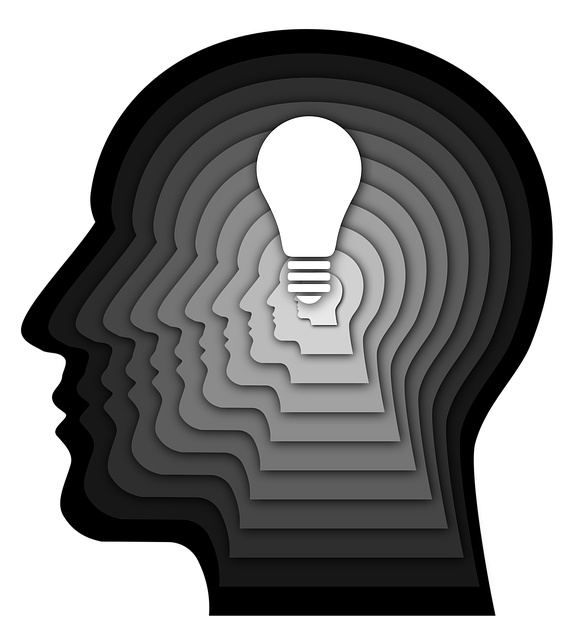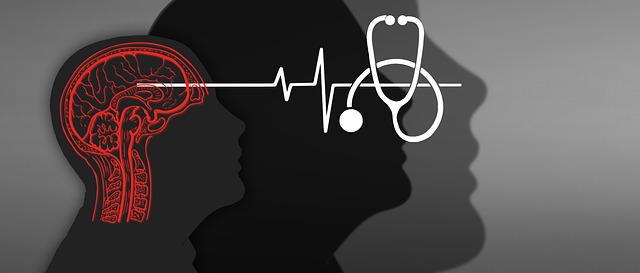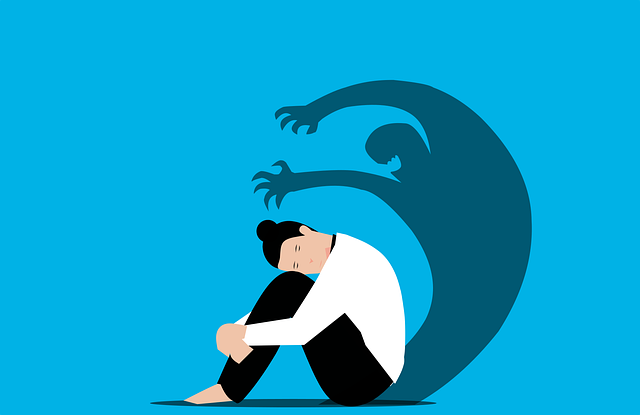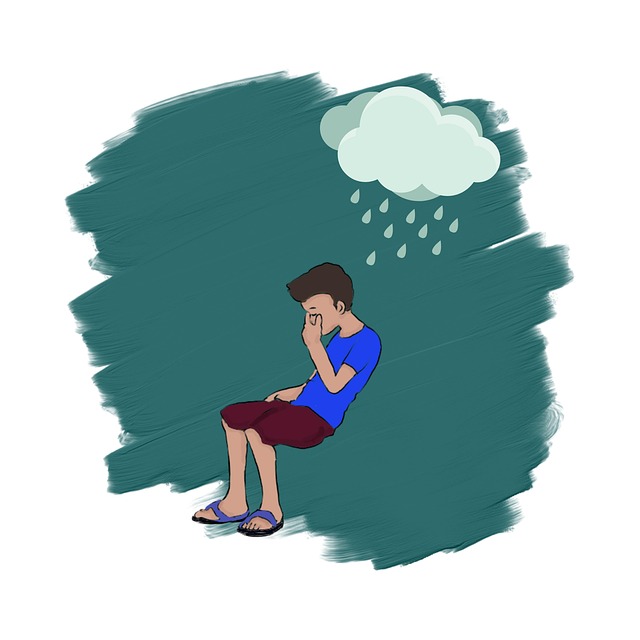Resilience, enhanced through the RFM (Resources, Strengths, Motivations) framework, is crucial for elderly wellness, especially for managing conditions like ADD-ADHD. Tailored evaluations, cultural competency, empathy building, and stress management workshops in therapy empower seniors to cope with life's challenges. For elders with ADD-ADHD, resilience-building exercises improve emotional regulation, focus, and daily functioning through methods like mindfulness meditation. Incorporating RFM into senior care programs offers a holistic approach, combining emotional well-being promotion, empathy, physical exercises, and tailored mobility training for improved quality of life.
Resilience is key to maintaining wellness, especially among the elderly. This article explores the concept of RFM (Resilience, Flexibility, and Mobility) and its profound impact on senior well-being. We delve into how resilience-building exercises can enhance traditional ADD-ADHD evaluations for elders, offering practical strategies for healthcare professionals to incorporate these practices into care programs. Discover effective therapy approaches tailored for this demographic, promoting improved mental and physical health outcomes.
- Understanding RFM and Its Impact on Elderly Wellness
- The Role of Resilience-Building Exercises in ADD-ADHD Evaluations
- Practical Strategies for Incorporating RFM into Senior Care Programs
Understanding RFM and Its Impact on Elderly Wellness

Resilience is a vital aspect of elderly wellness, enabling seniors to navigate life’s challenges and maintain their quality of life. RFM (Resources, Strengths, and Motivations) is a framework that helps in understanding an individual’s capacity to cope with stress and adversity. For the elderly population, especially those managing conditions like ADD-ADHD, this approach can be transformative. By identifying their resources—be it social connections, hobbies, or community support—and fostering their strengths, elders can enhance their resilience.
Therapy for elders often incorporates RFM principles to improve mental health and overall well-being. This includes tailored evaluations that consider cultural competency training for healthcare providers, as cultural background plays a significant role in an individual’s coping mechanisms. Empathy building strategies and stress management workshops within organizations catering to the elderly can further reinforce resilience by creating supportive environments. These interventions not only empower seniors but also ensure they have the tools to navigate life’s complexities with greater ease.
The Role of Resilience-Building Exercises in ADD-ADHD Evaluations

Resilience-building exercises play a pivotal role in ADD-ADHD evaluations for several reasons. These exercises help therapists assess an individual’s capacity to cope with stress, manage emotional responses, and maintain focus—all crucial aspects of attention and hyperactivity disorders. Through activities like mindfulness meditation and other stress reduction methods, professionals gain insights into the patient’s ability to regulate their emotions, a critical skill for daily functioning.
In therapy for elders with ADD-ADHD, these exercises serve as powerful tools for personalized treatment plans. By incorporating techniques such as mindfulness meditation, emotional regulation strategies, and structured tasks designed to enhance focus, therapists can help individuals develop coping mechanisms that improve their overall quality of life. This tailored approach ensures that the evaluation goes beyond symptoms alone, addressing the underlying cognitive processes affected by ADD-ADHD.
Practical Strategies for Incorporating RFM into Senior Care Programs

Incorporating RFM (Resilience, Flexibility, and Mobility) into senior care programs offers a holistic approach to enhancing therapy for elders, especially those with ADD-ADHD evaluations. The first step is to integrate emotional well-being promotion techniques that foster a safe and supportive environment. Simple yet effective empathy building strategies can be implemented daily, encouraging open communication and helping seniors feel understood, which is crucial for resilience.
Regular RFM exercises focus on improving flexibility through gentle stretching and mobility training adapted to individual needs. This not only enhances physical health but also serves as stress management tools, promoting emotional stability. By combining these strategies, senior care programs can create a dynamic routine that addresses both mental and physical well-being, ultimately improving the quality of life for elderly individuals.
Resilience and functional movement (RFM) offer a promising approach to enhancing elderly wellness and managing conditions like ADD/ADHD. By integrating RFM into senior care programs, we can empower the older population to build mental and physical fortitude, improving their overall quality of life. This holistic strategy, coupled with tailored therapy for elders undergoing ADD-ADHD evaluations, has the potential to revolutionize senior care, fostering independence and a sense of well-being in an often overlooked demographic.
